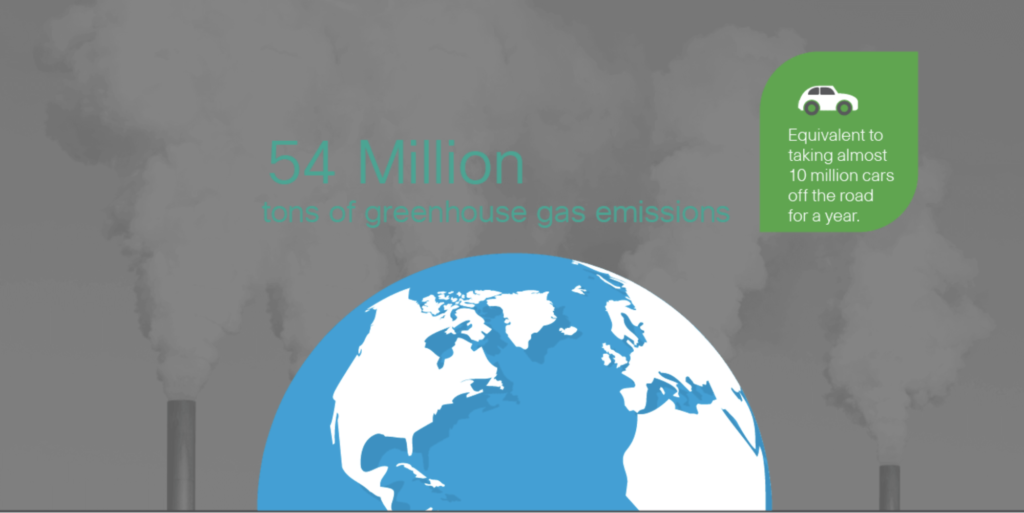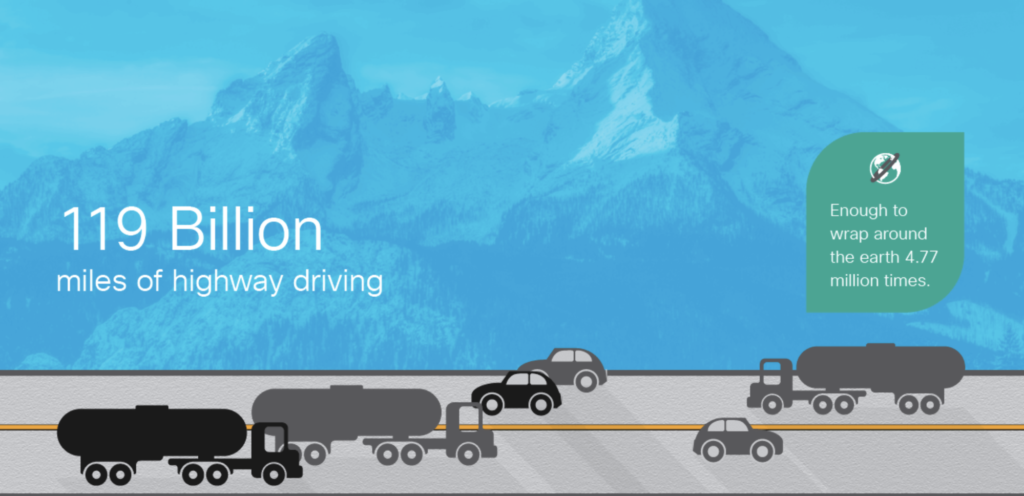A free training program for training CS reps with the skills, tools, and knowledge to delight customers and resolve issues.
Did you know that working remotely and away from a typical office environment could reduce global greenhouse gas emissions by 54 million tonnes every year?
There are so many benefits of working from home for employers and freelancers, which is why its heartening to know that this way of working is growing exponentially.
According to a Harvard Business School recent study, when the pandemic is over, one in six workers is projected to continue working from home or prefer a hybrid co-working option at least two days a week.
One of the key reasons to work this way is the positive impact on our environment, something were really passionate about at Work for Impact.
Who is an Independent contractor?
An Independent contractor is a person who provides services independently for multiple clients for a fee - usually on an hourly rate, contract or fixed-term project basis. Basically, its a form of self-employment where someone works for him or herself instead of working. Moreover, an Independent contractor has the flexibility to collaborate with companies or organizations from all over the world at once.
If you want to become an Independent contractor or looking for jobs with impact in mind, you can find many freelance jobs on our website.
Some of the most common Independent contractor jobs are associated with creative areas such as graphic design, marketing, communication, copywriting or web development. However, Independent contractors can work in other service-based industries, such as consulting, customer service and engineering.
To increase your success in being hired in one of these areas, you must write a winning freelance proposal.
How is freelancing done?
Independent contractor is usually done remotely from an Independent contractor's home. However, it's not uncommon to see Independent contractors operating from enterprise hubs consisting of co-working spaces to keep a team spirit but reduced costs. Also, an Independent contractor can live a digital nomad life by travelling around the world and exploring the countries while providing their services. In this last scenario, the benefits must be studied, and everything depends on the transports you choose to travel.
A Smarter Way to Build Your Global Team
What are the environmental benefits of working remotely?
The environmental impact of an activity or process is considered positive if its beneficial to the environment. In other words, the activity or service in question must not endanger or harm the environment in any way. If this activity or process can be regenerative, even better.
The positive environmental impacts of the flexible work economy can be viewed from a carbon, energy, water, waste, travel, air quality, resource, and biodiversity point of view.
Find the environmental benefits of freelancing and work from home explained below:
Improve Carbon Footprint
Working flexibly from home, when compared to working from offices, tends to produce less work-related carbon emissions, which are responsible for climate change and global warming.
The main sources of carbon emissions from working from home are emitted by the electricity used to power portable laptops or computers and internet server consumption, which we use to collaborate with our teams or clients offsite.
On the other hand, business employees produce carbon emissions from a wide range of on-site sources from offices, conference rooms, and lunchrooms, associated with their comfort and work needs.
Also, commuting to work represents a massive amount of carbon emissions. Global Workplace Analytics estimates that working remotely and away from a typical office environment could reduce global greenhouse gas emissions by 54 million tonnes every year. This figure is based on people working 2.5 out of 5 working days in a week offsite or remotely.
By these estimates, flexible working can save a minimum of 50 million tonnes of carbon per year. This is equivalent to taking 10 million cars off the road each year. As a result, the carbon footprint could be drastically reduced.

Lower Energy Consumption
Flexible Working leads to less energy usage compared to working for a business as an employee. Mostly because businesses use a significant amount of energy in their daily operations.
According to BusinessEnergy.com, businesses can consume as much as 250,000 kWh per year (compared to an average household which typically uses 10,972 kWh of electricity per annum).
Based on these figures, it is evident the flexible work economy offers a viable working option for reducing global energy demand and consumption.
This is because businesses and their employees use a significant amount of energy in their daily operations, from infrastructures and transportation to office equipment and cooling systems.
Conserve Water Resources
According to WWF, if we keep the water consumption rate by 2025 two thirds of the world population might face water access, creating a ripple effect in the ecosystems.
The hiring of Independent contractors can also help to conserve water resources and reduce water scarcity around the globe. The potential of Independent contractors to conserve water is because an Independent contractor's use of water during working hours is mainly for domestic purposes. However, water is used in businesses for washing and cooling usage, where equipment selection plays a crucial role in water consumption.
This suggests that businesses have the potential to consume high amounts of water which puts a strain on water resources. On the other hand, Independent contractors requires little or no water and can help to conserve water in the environment.
Reduces Waste
Working remotely from home results in less paper, plastic, and bottle waste around the world. A typical Independent contractor works remotely (i.e. from home), without the need for purpose-built physical office buildings. This results in little or no production of the aforementioned waste associated with the entire life cycle and supply chain processes of a typical business environment.
Also, Independent contractors have low overheads and purchase little or no office items due to the digital transition of work processes, resulting in less waste.
Reduces Travel Needs and Improves Air Quality
Independent contractors help improve the environment by reducing travel (to the office, for example), which in turn reduces nitrogen oxide emissions and carbon emissions. It is well known that the use of transportation by businesses produces nitrogen oxide emissions, one of the harmful greenhouse gases responsible for global warming. According to the Commonwealth of Massachusetts, the reduced air quality leads to acid rains, eutrophication, haze, effects on wildlife, ozone depletion, crop and forest damage.
However, Independent contractor require little or no travel to service clients. Global Workplace Analytics estimates that working remotely or offsite can save around 119 billion miles of highway driving. This equates to driving around the earth 4.77 million times.
Travel in todays world has a direct correlation to air quality reduction. Freelancing and working from home eliminates work-related travel, thereby improving air quality overall.

Minimize Resources Usage
The remote work economy is instrumental in the conservation of natural resources, such as trees and fuel in today's world. Employees in a typical business environment need meeting rooms, which are generally made from timber and steel. Also, offices used by employees require a large amount of supplies (that are made from chemical substances and exploitation of natural resources).
However, Independent contractors do not need a significant amount of these resources to operate. They can work with minimal supplies and tools, which means they consume far fewer resources.
Improves Biodiversity
Remote work can improve biodiversity greatly. Businesses can often destroy biodiversity through land use, deforestation, waste generation, ecosystem contamination and other means. For example, land use and waste produced by businesses have been linked to erosion and soil contamination.
It is crucial to start thinking about the direct and indirect environmental impacts of any business and industry. Independent contracting is a great way to impact positively by optimizing your work processes and working with conscious clients aligned with your values.
What are the Positive social impacts of working from home economy?
After highlighting some positive environmental impacts associated with freelancing, its important to note that these impacts lead to many different benefits.
A society that uses fewer resources, energy, water, and transportation will produce less waste and carbon, which will lead to better energy efficiency and improved health and safety.
Increase Energy efficiency
Energy used in todays world is based on fossil fuels. Roughly 85% of global energy consumption comes from non-renewable sources. This has created tension in countries around the world since fossil fuels will eventually run out. However, if we as a global society can reduce our energy consumption via freelancing, then countries will become more energy-efficient, resulting in huge financial savings.
Improve Health and Safety
Traveling releases nitrogen oxide, a harmful gas that causes illnesses such as heart and lung disease. So, the reduction of
Travelling releases nitrogen oxide, a harmful gas that causes illnesses such as heart and lung disease. So, the reduction of people driving to work due to more people working remotely helps reduce illnesses and diseases, resulting in happier people, communities, and society as a whole.
Considering the benefits of remote work for society and the environment, would you add any benefit? Share with us any study, suggestion or feedback you find valuable to complement this article. We are really eager to hear from you.





